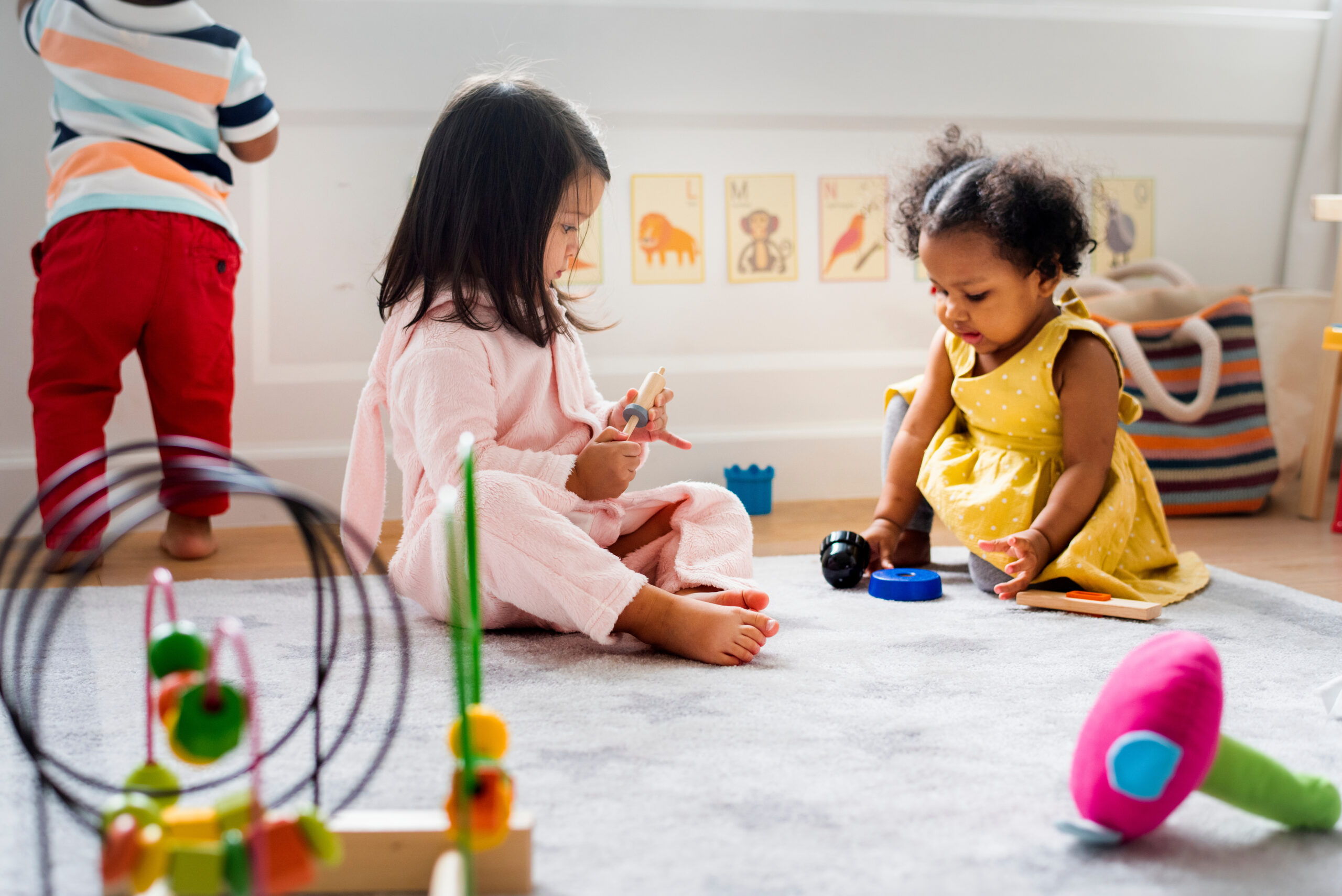Health and Safety in Licensed and Certified Child Care Programs
Licensing and certification are ways for families to know that a program has met basic health and safety standards.
Minnesota child care programs are required to be licensed unless the program is license-exempt. The Minnesota Department of Human Services (DHS) licenses and monitors child care centers and county/tribal licensing agencies. Family child care programs are monitored by counties. DHS also certifies and monitors certified license-exempt programs (often called certified centers).

To be issued a license or certification, programs must show they are able to operate in compliance with state and federal requirements. Programs must:
- Submit an application and other documentation depending on program type
- Undergo a fire marshal inspection and health inspections (when required)
- Complete background studies for all caregivers, household members (for family child care only) and staff
- Complete required trainings
- Receive a pre-licensure inspection and demonstrate compliance with MN Rules and Statutes (not required for certified centers)
Read more about licensing requirements for child care centers, family child care, and certified centers on the DHS website.
In order to be in compliance with federal standards, licensed and certified programs receive an inspection each calendar year to ensure compliance with requirements. Annual licensing reviews for licensed child care centers and family child care programs are unannounced. Annual certification reviews for certified child care centers are announced.
Information about licensed and certified child care programs and inspections is public, so families can view a program’s license and certification history on DHS Licensing Information Lookup. Read more about understanding licensing records.
Statewide Number: 651-431-6600
Certified and Licensed Child Care Centers: 651-431-6015
Licensed Family Child Care: To report concerns about a licensed family child program, contact your local county or tribal licensing agency.
If a licensor determines during a visit that a provider is not in compliance licensing rules and statues, they may cite a violation and issue a correction order to the provider or program. Depending on the severity of the violation, or if it is a repeat violation, licensors may issue additional sanctions, including:
- Fine
- An order to operate under a conditional license
- Suspension
- Temporary Immediate Suspension
- Revocation
When licensors find violations in a certified center, they issue a correction order to the program. If the violation is serious and/or reoccurring, licensors may decertify the program.
There are child care programs that are exempt from licensure under state law. These programs are often referred to as license-exempt or legally nonlicensed. These programs may be exempt from licensure because they meet other government standards for health and safety.
Other types of programs are license-exempt because of the limited number of children they care for and/or the relationship the provider has with children in their care. Some common examples of these programs, which do not appear in the Parent Aware online search results, include:
- Family, friend, or neighbor care: the provider cares only for related children or children from no more than one unrelated family
- In-home care: providing care in the child’s own home
- Playgroups and exchanges
These license-exempt programs are not monitored by state or county licensors. If you are considering a program that is not licensed, it is recommended that you ask the program about its exemption from licensure.
The federal government requires states to make information available concerning the aggregate number of deaths, serious injuries and instances of child maltreatment that occur in child care settings each year. This information is available on our Serious Injuries, Deaths, and Maltreatment page.